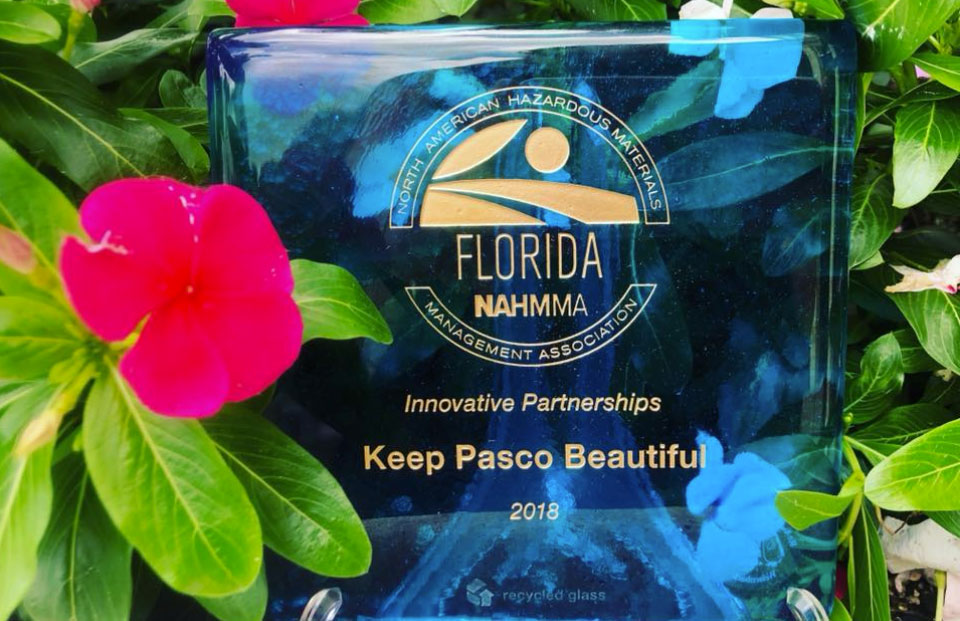The Numbers
Two industries Kristen highlights are food and clothing–two of our basic necessities. Did you know that in the food industry 30%-40% of our food supply is wasted? That equals 133 billion pounds and $161 BILLION, not to mention the huge amount of resources that are used to grow, produce, and transport products that will just go straight into the trash. Did you know that it takes 660 gallons of water to make a 1/3lb burger?
The fashion industry produces 10% of human-caused greenhouse emissions, 20% of global wastewater, and uses more energy than the aviation and shipping sectors combined. The 1 kilo of cotton used to produce 1 pair of jeans consumes 7,500-10,000 liters of water yet 40% of clothing purchased in some countries is never used.
When you look at those numbers, it becomes apparent that we could easily reduce our negative impact on the environment just by simply becoming more mindful consumers.
Solutions
When it comes to the clothing we buy, Kristen offers these simple actions you can take today to reduce your impact:
- Buy only what you need
- Research and buy from sustainable fashion brands
- Buy quality pieces that may cost more upfront, but will last longer
- Take care of and repair the clothing you do have
- Donate what you no longer need or host clothing swaps with your friends and neighbors
Food waste can easily be reduced, without much extra effort:
- Plan your meals for the week so you don’t buy random food you won’t use
- Look for seasonal and local produce
- Know what food you have at home to reduce extra, unnecessary purchases
- Repurpose food, such as bananas that are going bad; cut them up and freeze them for smoothies
- Share extra food you can’t use with friends, family, and neighbors before it spoils
Kristen suggests that we have to consider people in our sustainability efforts in order to make it work. Early on in the sustainability movement, one would often hear the mantra, “planet over profit” which left little room for the very real need to keep economies moving. She noted that the sustainability movement has come to realize that sustainability needs to consider “planet, people, and profit” in order to create effective and lasting change
Read more about Pasco County’s sustainability efforts at Keep Pasco Beautiful and sign up for the next cleanup!

